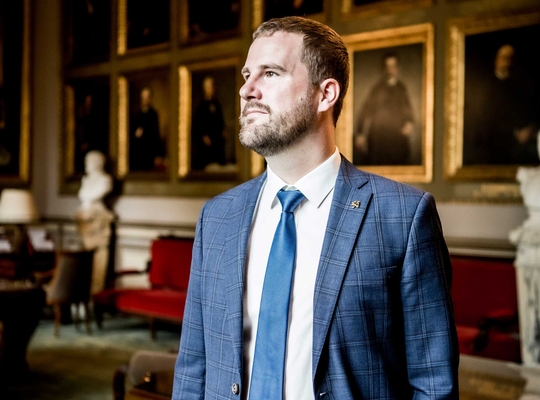You are here
N-VA wants to exclude asylum seekers who have submitted multiple applications from reception

A family of seven asylum seekers has been staying in our reception system for 14 years. This is an absolute record. The average term is about 15 months. “That is far too long and costs taxpayers quite a lot of money,” says N-VA through MP Tomas Roggeman. "We have therefore introduced bills to exclude asylum seekers who have submitted multiple applications and those who engage in family reunification from reception."
The reception network is currently overcrowded. The average period of residence in the reception network is 15 months, according to figures requested by MP Tomas Roggeman. For some nationalities, including Congo and Guinea, it even exceeds 20 months. This longer term is partly explained by the fact that people sometimes apply for asylum more than once. In the case of a rejected asylum procedure, the right to material assistance may be extended in certain cases. As a result, many people are in reception facilities who no longer have an asylum procedure pending, but who do have another residency application or an application for family reunification.
Free up places quickly
To free up places in reception facilities, N-VA submitted two bills to make extended reception impossible for certain categories of foreigners in some cases. On the one hand, N-VA wants to abolish reception for persons with multiple applications for asylum, including those who have already received protection in another EU Member State. This can be done in conformity with European regulations, according to the party. However, the bill was summarily voted down by the Vivaldi majority.
Preventing misuse
On the other hand, the party also wants to exclude from the reception network persons who have an application for family reunification or regularisation pending and are still in a reception structure. To avoid misuse of the right to reception, a general provision will be included in the Reception Act, which excludes such situations and withdraws the possibility of reception. “We must provide reception for people who actually need protection. But people who misuse the system of family reunification and those with (multiple) rejected asylum applications have no place in our network,” Tomas Roggeman says.

